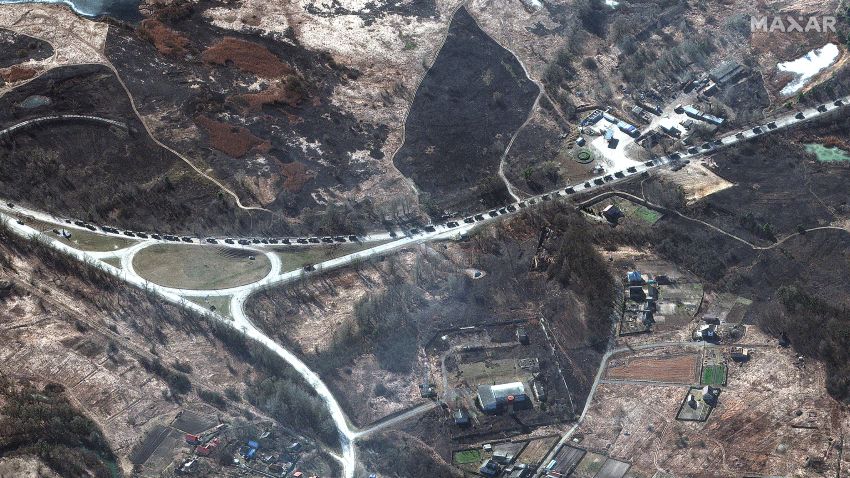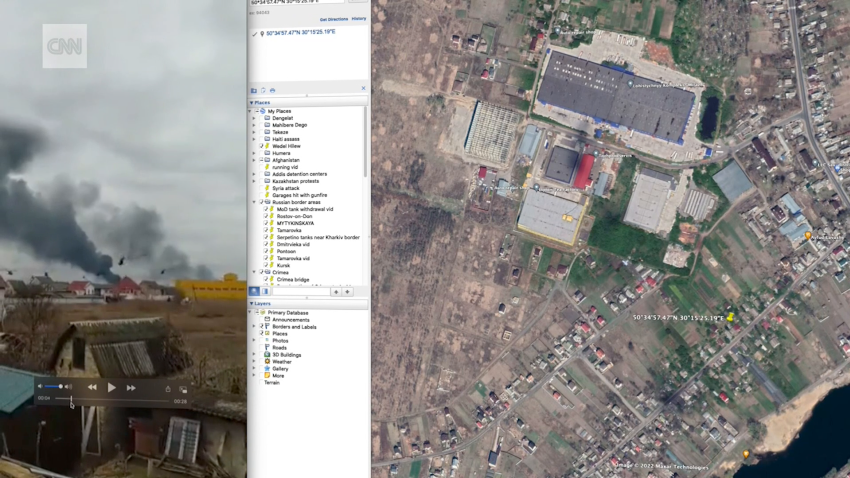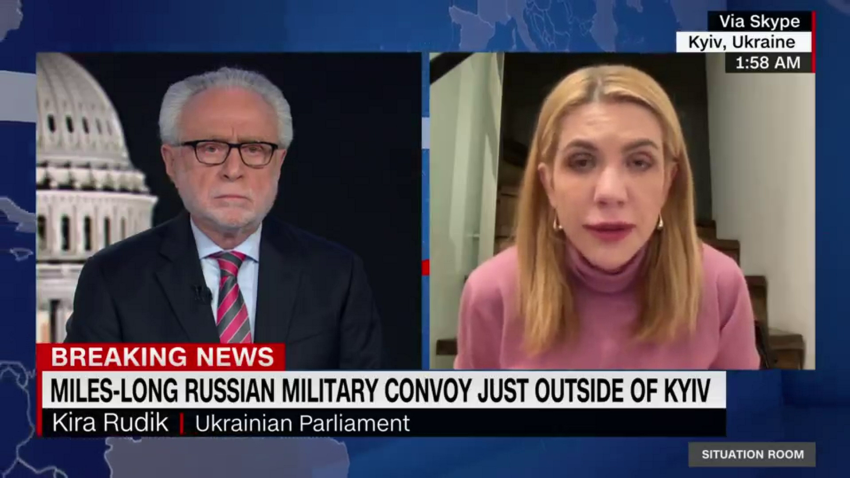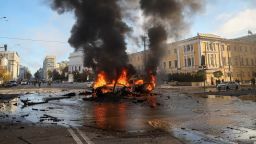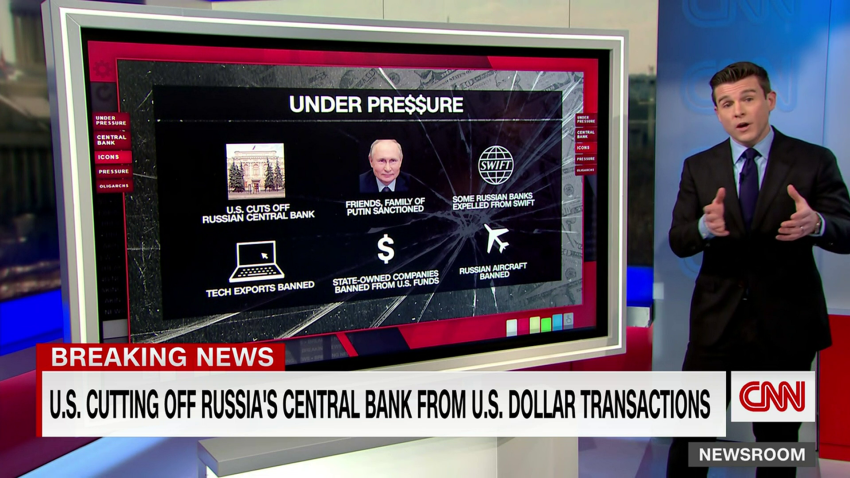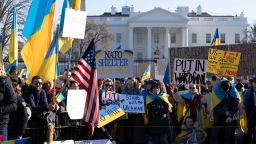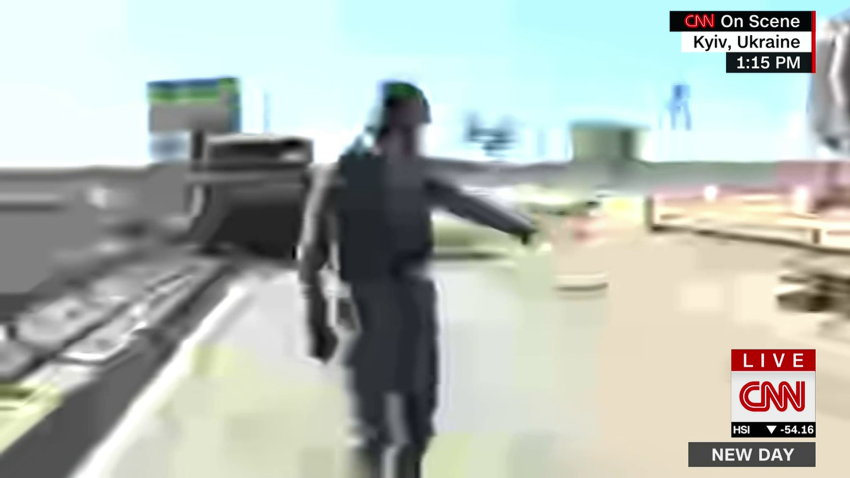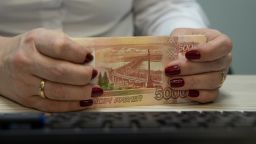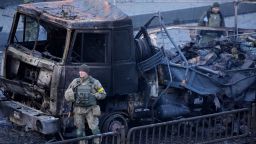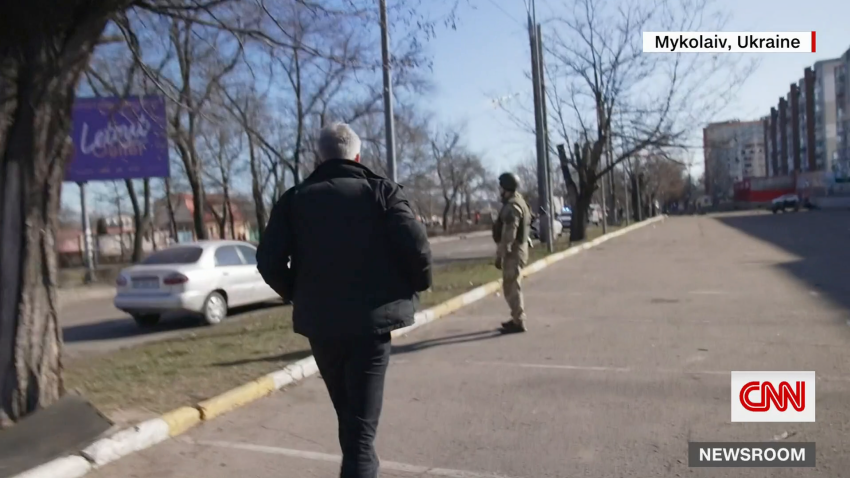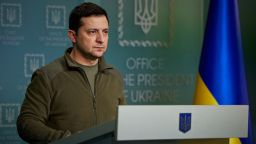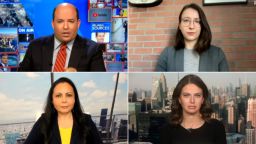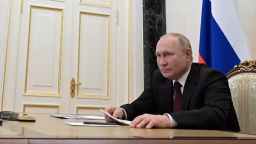Russia is facing universal condemnation and increased sanctions from countries across Europe over its unprovoked assault on Ukraine, and more moves are being announced each day.
If you’re just reading in today, here’s a look at the latest actions by European countries against Russia:
EU closes its airspace to Russia, including the private jets of oligarchs
On Sunday, the EU announced it is closing its airspace to Russia, European Commission President Ursula von der Leyen said.
“We are proposing a prohibition on all Russian-owned, Russian-registered and Russian-controlled aircraft. These aircraft will no more be able to land in, take off or overfly the territory of the European Union. This will apply to any plane,” von der Leyen said.
“Our airspace will be closed to every Russian plane. And that includes the private jets of oligarchs too,” she added.
The UK has also banned Russian private jets from its airspace on Friday.
Russian state media outlets banned
Top EU diplomat Josep Borrell also announced a ban for Russian news outlets Russia Today and Sputnik.
Speaking in a joint news conference in Brussels on Sunday, the EU’s High Representative for Foreign Affairs and Security Policy announced that the bloc would ban the two outlets in a bid “to fight” Russian disinformation.
“Today we are taking a crucial step to turn off the tap for the Russian’s information manipulation in Europe by banning Russia Today and Sputnik from broadcasting in the European Union,” Borrell said. “We are killing the snake on its neck.”
Central bank reserves of Russia blocked by new sanctions
More than half of the central bank reserves of Russia will be blocked as part of new EU sanctions against the country, Borrell said Sunday.
Measures against neighboring country, Belarus will also be “reinforced,” Borrell said, in return for its role in “facilitating the Russian assault against Ukraine.”
Von der Leyen also announced that the EU will provide finance to purchase weapons for Ukraine, adding that this is the first time the bloc has ever done so.
Borrell said the EU is doing so “because this war requires our engagement in order to support the Ukrainian army.”
“We asked for SWIFT and we asked for arms and now we are delivering on both sides,” the diplomat remarked.
Switzerland will forego “Swiss neutrality” and adopt the same sanctions as EU against Russia
On Monday, Switzerland announced that it will forego its commitment to “Swiss neutrality” in favor of adopting sanctions against Russia, Swiss Federal President Ignazio Cassis said, adding that Switzerland’s sanctions will be in line with those already adopted by the European Union.
“The Swiss Federal Council has decided today to fully adopt EU sanctions,” Cassis said during a news briefing. “It is an unparalleled action of Switzerland, who has always stayed neutral before.”
“Russia’s attack is an attack on freedom, an attack on democracy, an attack on the civil population, and an attack on the institutions of a free country. This cannot be accepted regarding international law, this cannot be accepted politically, and this cannot be accepted morally,” Cassis added.
Norway’s energy giant Equinor to exit its partnerships in Russia
Norwegian oil and gas company Equinor will stop all new investments in Russia and begin to exit its joint ventures there, the company said in a statement Monday.
“We are all deeply troubled by the invasion of Ukraine, which represents a terrible setback for the world,” said Anders Opedal, president and CEO of Equinor.
The company said it had $1.2 billion in long-term investments in Russia at the end of 2021. It has operated in Russia for more than 30 years and has a cooperation agreement with Russia’s state-owned oil company Rosneft.
This is significant because the Norwegian government owns two-thirds of Equinor, according to the company’s website. On Sunday, the Norwegian government also announced in a statement that it will ask its sovereign wealth fund to divest from Russia. The fund describes itself as one of the world’s largest, holding 1.5% of all shares in global listed companies.
Several European football associations announce they will not play international football fixtures against Russia until further notice
Wales, Scotland, Ireland, Denmark, Norway, Switzerland and Albania followed in the footsteps of England, Czech Republic, Sweden and Poland in refusing to face Russia at any level of international football.



